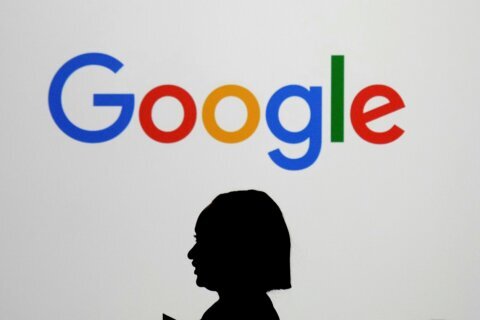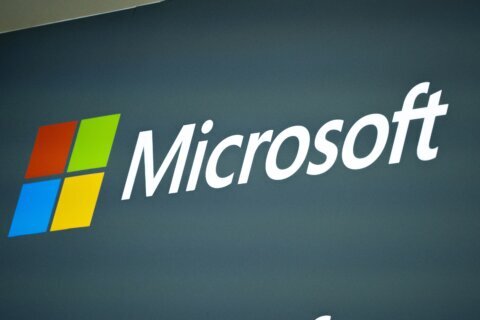Q: Is the Wi-Fi that you pay for on airplanes safe to use?
A: When you’re considering the use of any public Wi-Fi service, there are two primary concerns: how secure the connection is and what limitations are imposed.
In-flight Wi-Fi has the same security concerns as a typical public connection that you’ll find at coffee shops and hotels: If everyone uses the same password, or there’s no password required, there’s nothing separating users from each other.
Airline Internet service providers also use more controls on the connection, so they can control what you can and can’t do. For examples, features such as streaming video, or VOIP services such as Skype, are blocked to limit data usage, because the overall shared bandwidth is pretty limited.
Without getting too deep into the technical aspects of the connection, it’s important to understand that encryption of your data as it ‘flies’ over the wireless network is what keeps your personal information private.
If you don’t see “https:” at the beginning of the web address, then anything you type is going over the wireless network in plain text, which potentially can be viewed by others.
Even if that prefix is there, because of the way that providers such as GoGo Wireless manage the network, your information may not be as secure as you might think, as detailed in this ARS Techniica article or this from USA Today.
There’s another problem I’ve seen just about any time that I’ve connected to public Wi-Fi: Lots of other computers are sharing folders with anyone else on the network.
They’re usually default share folders that probably don’t contain anything of value, since the user probably doesn’t even know that they exist, but I’ve seen folders that were clearly created to share files with co-workers.
If you work in groups on the road and share things with each other, those shared folders will suddenly become available to anyone else on public Wi-Fi if you haven’t properly secured them. The best way to stay safe on any network that you don’t completely control is through the use of a Virtual Private Network (VPN).
A VPN creates a private network within a public network, so everything that you type is securely protected from anyone else on the same network.
There are a large number of free and pay options available that are pretty easy to setup and use.
Free VPN programs typically come in two flavors: free but ad-supported, and free but limited in use.
Two of the offerings that I like for non-technical users include CyberGhost and Private Tunnel.
CyberGhost’s free option requires you to view an ad for at least 17 seconds and shows ads every two hours with a three-hour limit per session. You can pay for an ad-free unrestricted account that’s much faster for around $7 a month if you travel often.
If you’re not on the road as often, check out Private Tunnel’s pay as you go offering. They’ll provide the first 500MB for free so you can try it out; then, you pre-pay for data packages that never expire, so you don’t have to commit to a monthly plan.







